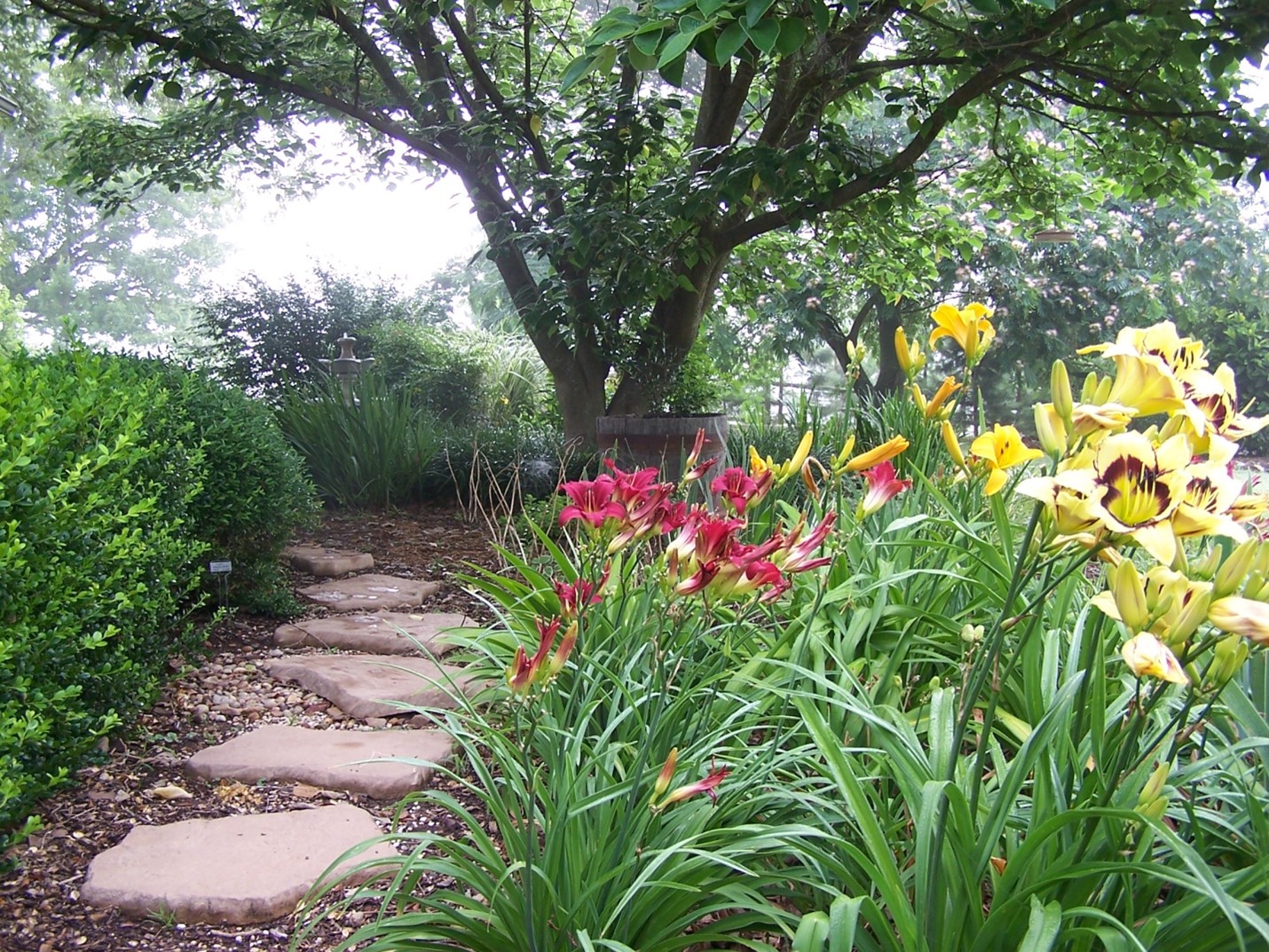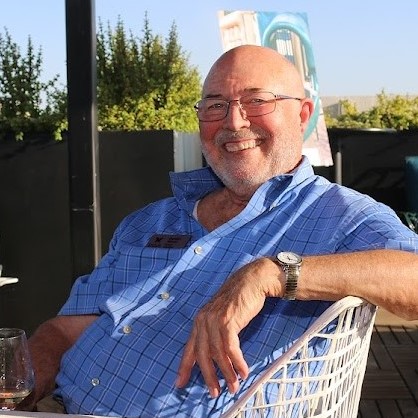Caregiver Transitions #24

Dementia caregivers must prepare themselves for loss. Unlike caregiving in other circumstances like injury or illness with expectations of a full recovery, dementia rarely has a good outcome.
The end should represent a new beginning for caregivers. Beyond grief, this can be a time of transitions to renewal. With courage and a positive attitude, the future may be shaped the way you want it to be. Approach it with great expectations and hope.
Losses are especially hard when the deceased is a loved one. In fact, most caregivers are spouses or immediate family. Typically, they perform their jobs of significant value without pay and without adequate outside support. Each of them represents a special class of humanity with their dedication, love and self-sacrifice for those who depend upon them.
Professionals in a caregiving role experience loss too. Once, I knew a kidney dialysis technician who changed jobs because he could no longer endure losing patients. His kind and caring nature seemed a perfect fit; but unfortunately, his attachment to patients suffering renal failure weighed too heavily on him.
I understand grief and loss first hand having been a caregiver for over ten years for my wife who suffered Alzheimer’s disease. I went through all the phases others experience, finding them life-changing. The end finally came as we were told to expect. Although I knew it was coming, nothing prepared me for that stark reality.
Grieving and the period of transition afterward were especially hard for me after a long and successful marriage. Others told me to not be ashamed or harbor guilt from the relief that finally came from her prolonged illness of great ambiguity and stress.
Advice to caregivers from my personal experience is to neither grieve nor live alone for too long. One must continue forward as those who have passed would want them to do. The best sense of permission I felt in moving on came from “what if” conversations between us years before. Clearly, she would want me to be happy.
Everyone’s time is different, but when it feels right for you, re-invent yourself and approach the future as a single person with optimism and confidence. For example, why not learn new skills or try hobbies of special interest? How about classes or travel? Perhaps, restarting your life means doing something entirely different you had always wanted to do. Above all, avoid the damaging effects of isolation.
Serving on a board, taking painting classes and joining a writers’ club benefited me by feeling more excited about life again. My sense of loss became less overwhelming as I engaged myself enthusiastically in art, writing and by volunteering. Moments of grief came and went, oscillating so to speak and becoming less painful. Normalcy returned as my choices began to bear fruit with acceptance and success.
I highly recommend building a network of wonderful new friends. In so doing, you may foster engaging relationships or find a special companion you didn’t know existed. There are those in similar circumstances who are looking for the same. Their support will uplift your spirits and make you feel whole. Grief support groups in the beginning are one way to begin connecting with others.
Always trust that you deserve the very best of what life has to offer. Become your own best advocate as you did for the one who depended upon you. Be enthusiastic about the possibilities. Push yourself with confidence in every way possible to meet your needs. Celebrate your new freedom with vigor, urgency and purpose.
Many of the writings from the Meaning & Hope Institute suggest the all-important renewal aspect of healing in the aftermath of caregiving. As you read these stories, we hope they encourage introspection as to how they may apply to you. Resolve to start anew with every expectation of a good outcome.
Visit past memories and lost love as you must but don’t linger there too long. Instead, focus your energy on today and strive for the promise of tomorrow. Never doubt the unlimited possibilities destiny may bring, including perhaps, someone new with whom to love and share.
Enjoy the NEW YOU at any age. There is nothing to it but to do it!
© 2023 Gerald Lloyd Wood. This story and accompanying art are used with permission of the author, Gerald Lloyd Wood.


